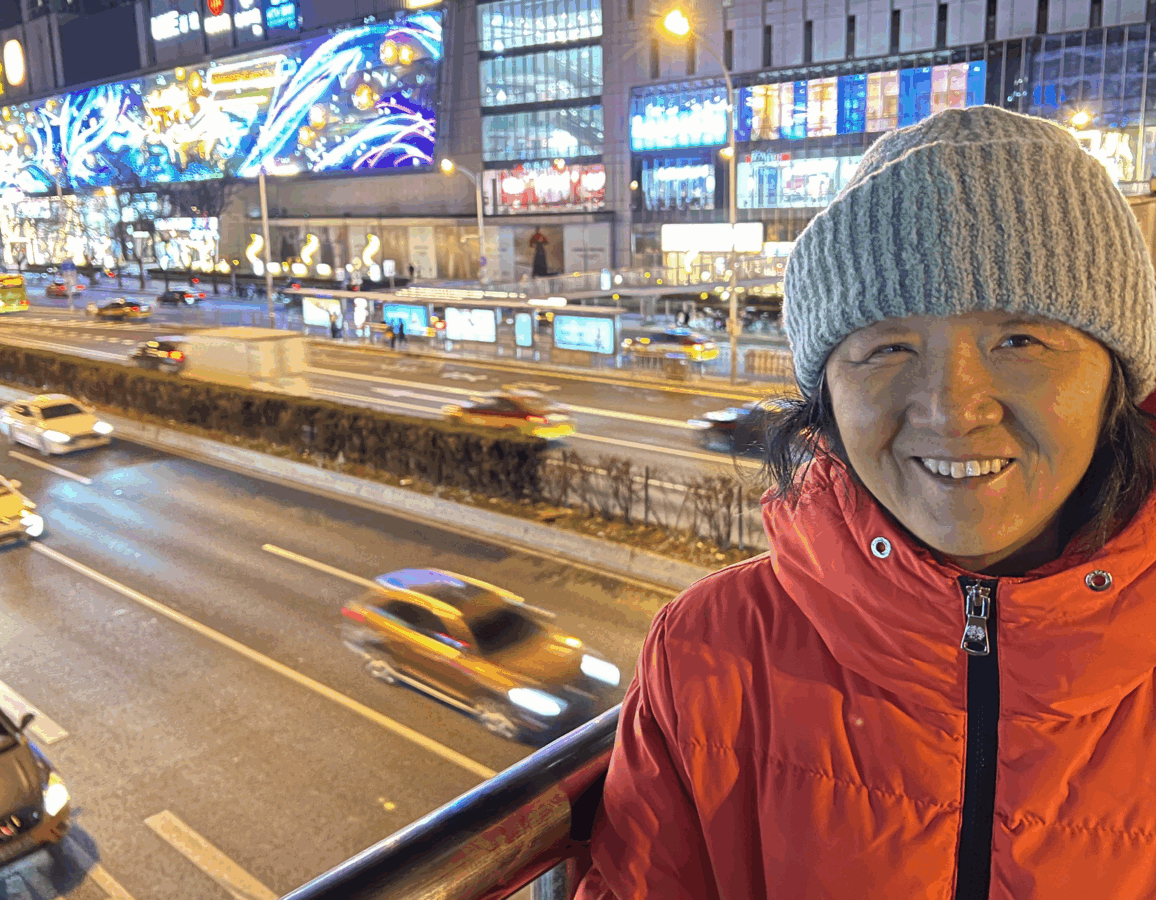Jing Li, an accomplished solar astronomer, wife, mother, and friend, passed away on June 21, 2025, at the age of 64 after a battle with cancer. Jing had been a member of UCLA’s Earth, Planetary and Space Sciences department since 2009.
Best friend and wife of 33 years to EPSS Professor David Jewitt, and the devoted mother of Xiaodong (Suu) Zhou, Jing’s life was a testament to resilience, intellectual curiosity, and an unyielding capacity for joy and kindness. She will be deeply missed.
Simply put, Jing had a remarkable life. She was born in Beijing in 1960, in the middle of the famine caused by Mao’s Great Leap Forward, and she grew up during the following Cultural Revolution. As a young woman in 1989, she hid from gunfire during the Tiananmen Square Massacre and witnessed the aftermath on the streets directly outside her home.
“Her legacy isn’t only in her research, but in the people she touched through kindness, curiosity, and joy.”
– Jon Aurnou, EPSS Department Chair
Jing never gave up on her interest in science. A solar astronomer for over forty years, she first worked at Huairou Solar Observatory in Beijing before moving to France to earn her PhD at University of Paris VI. There, she learned fluent French and worked on the magnetic field 180 degree ambiguity problem.
She eventually made her way to Hawaii, and then UCLA, where she studied the distribution and evolution of large scale magnetic fields on the Sun using massive, space-based datasets. Her two most elegant papers on the subject, ApJ 758, 115, (2012) and ApJ, 867, 89 (2018), had a profound impact on the field and are often referenced today. Jing also collaborated regularly with her husband, and the two wrote dozens of papers on solar system topics.
In addition to her love of science and knowledge, Jing was an outgoing spirit who took great joy in living life. A lover of nature and the outdoors, she was a trusted source for anyone looking for a new hidden gem among LA’s hiking trails. And, as an excellent and inventive cook, a great many lively discussions were had at the table over the food she grew in her garden and cooked for friends.
“We were fortunate to have Jing as a member of our community for so many years,” said EPSS department chair Jon Aurnou. “Her legacy isn’t only in her research, but in the people she touched through kindness, curiosity, and joy. Our hearts go out to Dave and Suu.”
Her husband Dave said that her enthusiasm was her most extraordinary characteristic. “The thing that I loved about her the most was her open fascination and excitement with anything new. And she was always very happy. I’ve never met anyone else like her.”
Jing died on the day of the summer solstice — the longest day of the year in the northern hemisphere. For someone who spent her life studying our Sun, and who brought so much of her own light into the world, it is a reminder of the brightness she shared with so many people.
___________________
About 1.7% of all women get ovarian cancer. Women having the BRCA gene mutation, as Jing had, have a 40% chance of developing ovarian cancer and a 70% chance of breast cancer. It is important to know if you have the BRCA mutation. The test is cheap now (about $100) and easy and all women should have it.
